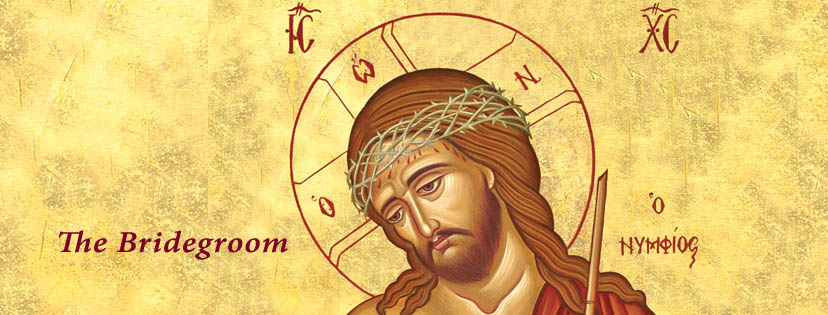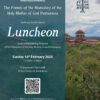
On Holy Wednesday the Church invites the faithful to focus their attention on two figures: the sinful woman who anointed the head of Jesus shortly before the passion (Mt 26:6-13), and Judas, the disciple who betrayed the Lord. The former acknowledged Jesus as Lord, while the latter severed himself from the Master. The one was set free, while the other became a slave. The one inherited the kingdom, while the other fell into perdition. These two people bring before us concerns and issues related to freedom, sin, hell and repentance.
The repentance of the sinful harlot is contrasted with the tragic fall of the chosen disciple. The Triodion make is clear that Judas perished, not simply because he betrayed his Master, but because, having fallen into the sin of betrayal, he then refused to believe in the possibility of forgiveness. If we deplore the actions of Judas, we do so not with vindictive self-righteousness but conscious always of our own guilt. In general, all the passages in the Triodion that seem to be directed against the Jews should be understood in this same way. When the Triodion denounces those who rejected Christ and delivered Him to death, we recognise that these words apply not only to others, but to ourselves: for have we not betrayed the Savior many times in our hearts and crucified Him anew?
I have transgressed more than the harlot, O loving Lord, yet never have I offered You my flowing tears. But in silence I fall down before You and with love I kiss Your most pure feet, beseeching You as Master to grant me remission of sins; and I cry to You, O Saviour: Deliver me from the filth of my works.
While the sinful woman brought oil of myrrh, the disciple came to an agreement with the transgressors. She rejoiced to pour out what was very precious, he made haste to sell the One who is above all price. She acknowledged Christ as Lord, he severed himself from the Master. She was set free, but Judas became the slave of the enemy. Grievous was his lack of love. Great was her repentance. Grant such repentance also unto me, O Saviour who has suffered for our sake, and save us.




